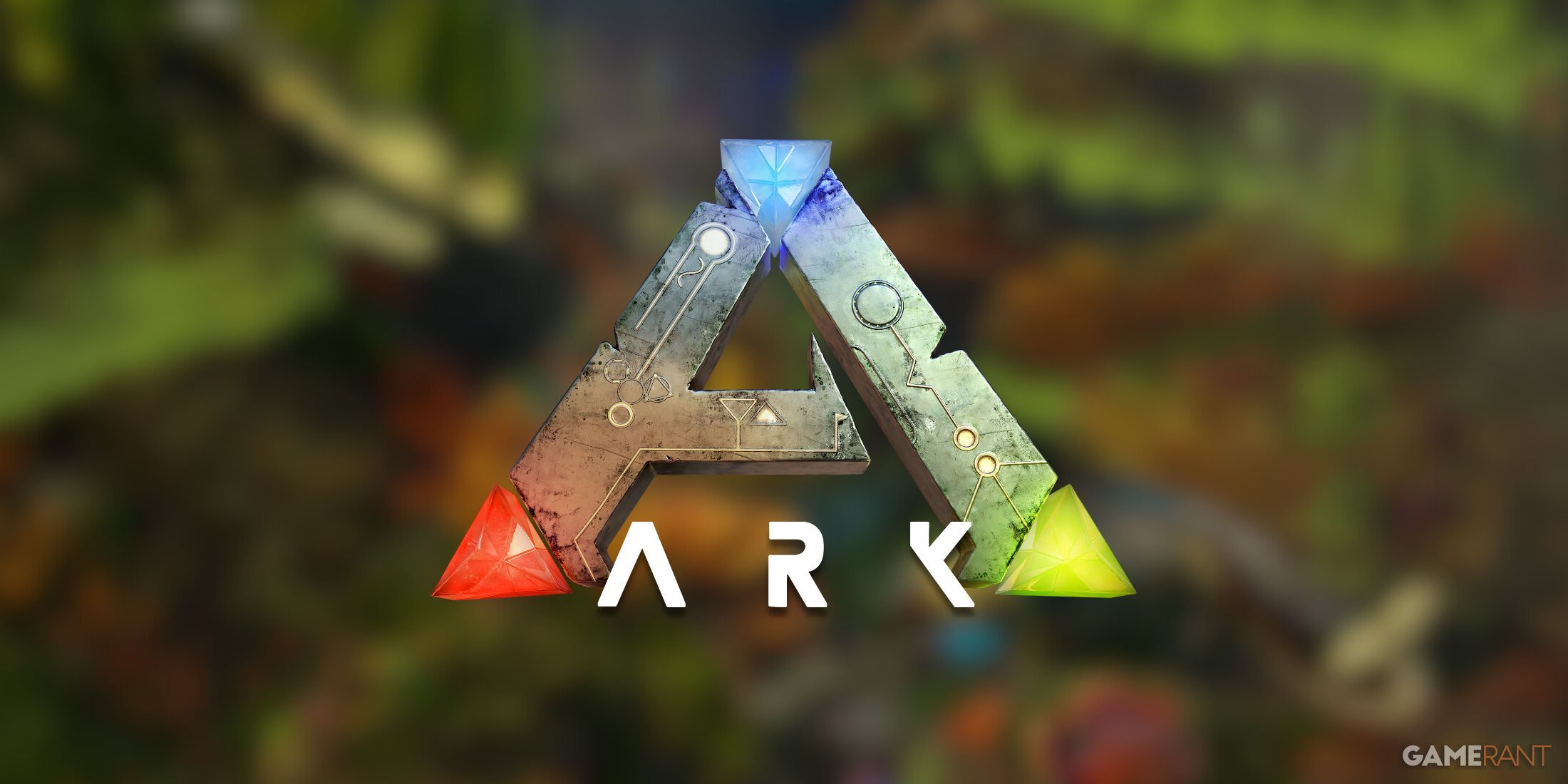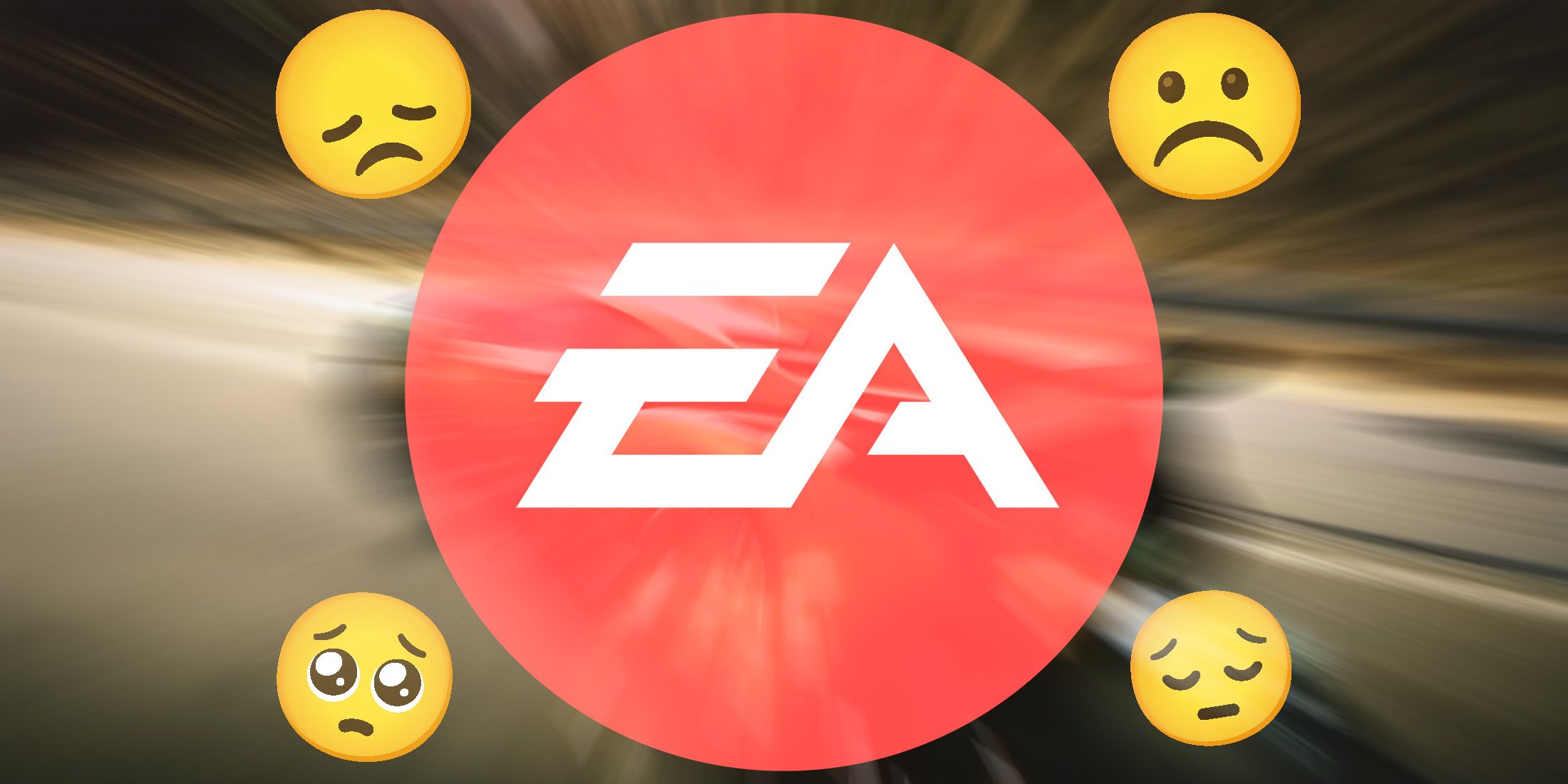
Stadia looks doomed.
At the beginning of the month, a report from Business Insider detailed ongoing issues with Google's troubled streaming platform. Apparently, Google is putting the consumer product on the back burner while it tries to sell the Stadia technology as a white-label service to power other companies' cloud offerings.
Ars TechnicaThis story originally appeared on Ars Technica, a trusted source for technology news, tech policy analysis, reviews, and more. Ars is owned by WIRED's parent company, Condé Nast.
Much has happened between the 2018 “Project Stream” beta, the official Stadia launch in 2019, and today. You could arguably call Google a leader in the second wave of cloud gaming, after the early debuts of services like PS Now and OnLive. Now, though, there is more competition, and the demands of the market are crystallizing. Google tried to make a case that it could bring market advantages to cloud gaming, but the company's vision has not borne fruit. Today, Stadia is languishing and has few prospects of success.
No company wants to call its own project a failure, of course. But now might be a good time for Google to pause for a moment and ask, “What, exactly, are we doing here?” Why does it want to be in the cloud gaming market? What advantages does it have over its competitors, and how does it plan to maintain these advantages over time?
There are no good answers to these questions.
Stadia Doesn't Have the Scale Google Implied It WouldLet's return to the original Stadia announcement at the 2019 Game Developers Conference and see how some of Google's original claims have played out. Google's GDC presentation emphasized the company's cloud expertise, but it glossed over how that expertise would help win the cloud gaming space.
Google CEO Sundar Pichai opened the Stadia announcement by touting the worldwide scale of Google's cloud, saying:
Our custom server hardware and data centers can bring more computing power to more people on planet Earth than anyone else. Today, we are in 19 regions and in over 200 countries and territories connected by hundreds of thousands of miles of fiber optic cables.













